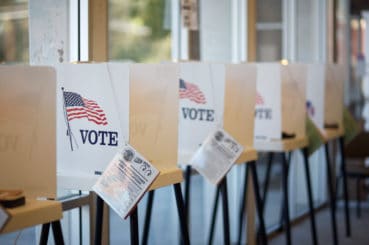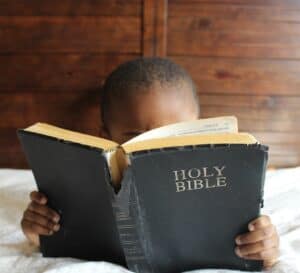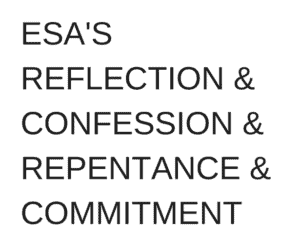
The presidential election is one week away. Organizations like Rock the Vote, Project Vote and Voto Latino are working hard to increase voter registration and, ultimately, turnout. Both Donald Trump and Hillary Clinton are courting the minority vote. But when November 8th arrives, will all voters have equal access to the ballot box?
According to the Brennan Center for Justice at New York University School of Law, 14 different states have instituted voter restrictions that could directly impact minority voters’ ability to cast their ballots in the current presidential race. Most of the restrictions revolve around voter ID requirements; others include limitations on early voting, same-day voter registration, and out-of-precinct voting.
Prior to June of 2013, states with a long history of voter discrimination had to prove to a federal court that any changes made to their voting laws were not racially biased. That protection was overturned, however, by a Supreme Court ruling in 2013. Absent that federal oversight, new voting restrictions started cropping up across the country in states like Georgia, the swing states of North Carolina and Wisconsin, and Texas, where a concealed handgun permit is considered a valid form of voter identification, but not a college ID.
The Fifth Circuit Court of Appeals found that the legislation in Texas “discriminated against poor and minority voters.” The Fourth Circuit Court of Appeals likewise struck down the voting restrictions in North Carolina, saying the strictures would “target African Americans with almost surgical precision.” Legal battles wage on in several other states, and the countdown clock to the election keeps ticking.
It’s hard to believe in the democratic process when members of minority groups are still systematically denied the right to vote.
It’s hard to believe in the democratic process when members of minority groups are still systematically denied the right to vote.
Another issue of concern for voting access is the incarceration of nearly one million African Americans in the United States. Convicted felons automatically lose the right to vote, at least temporarily, in all but two states (Maine and Vermont). In some states, this loss of voting rights may be permanent. Given the well-documented propensity toward minority discrimination in our country’s prison systems, it’s hard not to view these restrictions as anything other than blatant racism.
The battle for equal voting rights has been a long, uphill fight. One that, clearly, still isn’t won.
Speak up for those who cannot speak for themselves;
ensure justice for those being crushed.
Yes, speak up for the poor and helpless,
and see that they get justice.
Proverbs 31:8-9
Elrena Evans is the Communications Associate for Christians for Social Action. She holds an MFA in creative writing from Penn State and has also worked for Christianity Today and American Bible Society. She is the author of a short story collection, This Crowded Night, and co-author of the essay collection Mama, PhD: Women Write About Motherhood and Academic Life. She enjoys spending time with her family, dancing, and making spreadsheets.


